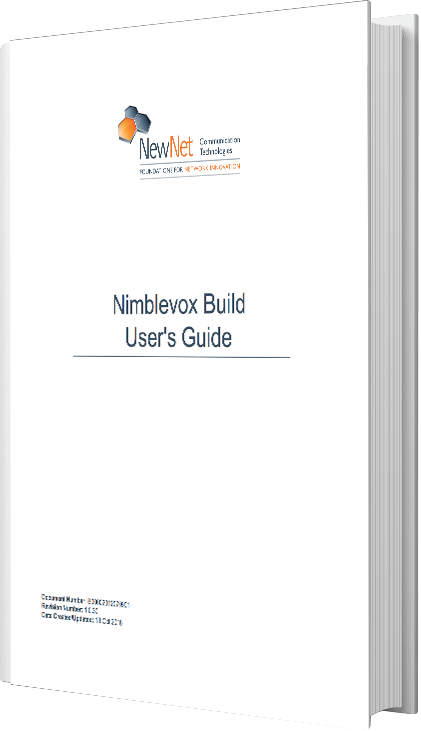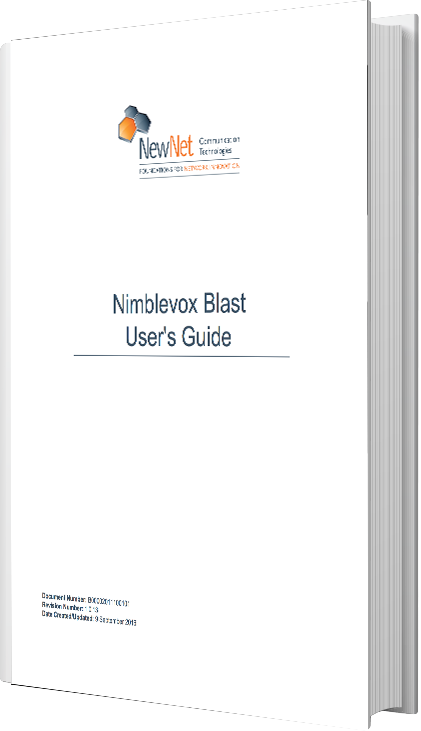Change is never easy, but resisting it could put your company at risk.
Have you implemented IVR (Interactive Voice Response) yet, or are you still doing tasks manually? Why not delegate it to a professional? And I mean a professional system.
You need to move with the times.
Or perhaps you’re proud of staying at the forefront of technological advancements, as long as it’s not related to handling customers. You’re probably scared communicating through IVR will be too impersonal.
In both these circumstances you’re missing out on a few amazing benefits that will make your life easier and make your customers smile.
So let’s show you how this can be relevant in many industries, so you can get started on implementing yours.
Services IVR Provides
When you integrate your computer system with your telephone infrastructure you open the door to many options of:
- Providing information
- Gathering information
A well designed IVR system can add the following to your list of resources you use to perform daily tasks:
- Provide general information to callers
- Handle payments
- Outbound calling in large volumes
- Interaction with individuals on the phone, via voice recognition or keypad use
- Processing gathered data
I bet you already realize how these can help you in your tasks?
Let’s shed some light on the main industries where this is becoming an essential system.
Industries that can Utilize IVR
Politics
How else can you keep costs low, use time effectively and still reach thousands of people? This is important in terms of managing a campaign budget, but also to keep statistics up to date.
An IVR system can do outbound calling and do polling to gauge people’s views. While many argue it’s too impersonal, some people prefer the quick process. When talking to staff in person, a question can result in an unnecessary long conversation.
As a bonus the data—information gathered via keypad input—can be processed by the system, instead of staff wasting time on calculations.
- Here are your benefits:
- Statistics are accurate because all questions are asked in a consistent manner.
- You can add ringless voicemails to your strategy to reach more people who may not answer their phones. When these people make contact, IVR can handle the call at any time of the day.
- You don’t spend money on hiring space, staff and equipment.
If you want a streamlined campaign, you need this.
Banks and Finance
Consumers’ have a few primary expectations from service providers. Speed of service is an important one.
An IVR system that guides callers through the steps may be a more practical and faster option than using a staff member. With the latter there’s also the possibility of human error.
Callers may request updated information about balances or want to initiate payments. Because an IVR system connects with information instantly, the process will be quick. And best of all is a customer can access this 24/7, which is becoming a necessary feature in our modern society.
Small Businesses
If you’re dreaming of growing your business, you need happy customers. Don’t think an IVR system will be too impersonal. Certain business outcomes benefit from its features:
- You can provide basic information faster.
- After a public poll, an IVR system can calculate what customers deem most important. Ensure that’s always easily accessible to keep customers satisfied.
- It can operate using many languages, making you relevant to a larger audience
Isn’t it time you make an impact in the market?
Healthcare
It’s a daunting thought to think your private information can be accessed by machines. But isn’t this more acceptable than talking to people sometimes?
Test Results
Imagine you’re waiting for test results of a very private nature. Calling to find out the details can be embarrassing when you need to talk to a nurse. But a machine has no opinion and in that moment, the anonymity is much more valuable than a personal approach.
This is now possible with IVR systems and can improve the service a hospital or doctor offers the public. It’s also faster than waiting for an overworked nurse or staff member to find your results.
Once again IVR minimizes strain on staff and gives clients what they need.
Trials
And why use valuable time and many staff members if IVR can gather information for research:
- Data provided by research companies to pharmaceutical companies
- Patient questionnaires
- Patient diaries
IVR can gather data, store it and process it so it’s already in a format you can use for your research or treatment of a patient.
And because it’s all on a computer system, it can be kept safe from those not authorized to see it.
Government
Let’s keep officials and communities satisfied by improving government service. The only way authorities will improve the feedback and payments they get from people, is if they make systems:
- User friendly
- Modern
- Fast
- Accessible
And IVR has all these characteristics.
Tax payments, enquiries and gathering public opinion can be done via IVR. It’s how technology keeps people connected and gets things done.
Public Services
As mentioned above, services must be relevant to the public if you want them to engage with it. And what do people keep in their hands constantly these days? Their mobile phones of course.
So imagine how quick and easy processes become—for both service provider and customer—when necessary tasks can be handled via someone’s Smartphone:
- Renewing vehicle registration
- Pay for parking tickets
- Donate to a fund such as a charity
- Ordering transport services and paying for it
- Paying utility bills
- Reminding consumers of outstanding accounts
The application of IVR is diverse. And don’t simply look at its current uses. Identify a challenge in your industry. If it relates to customers, communication and service delivery, an IVR feature may be customized to make your life a bit easier & your industry more effective. Ready to get started?


